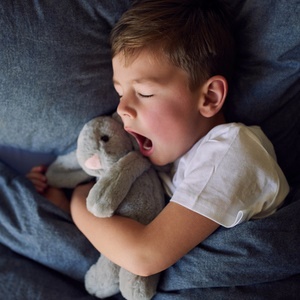
Bedwetting in young children is common, but mostly stops when they start gaining control over their bladders.
However, when the condition persists, it could be due to an underlying medical condition such as incontinence or urinary tract infection, and may go undiagnosed because of a number of myths parents believe about bedwetting.
Common problems that may cause bedwetting are:
- A delay in the bladder reflex development
- A low level of anti-diuretic hormone that slows down urine production at night
- A delay in bladder development
- A urinary tract infection
- Constipation
Here are the most common myths about bedwetting:
1. Children wet the bed because they are not properly toilet trained
Bedwetting is not a sign that a child is not toilet trained. A child might be perfectly able to control his or her bladder during the day but will still wet the bed at night.
2. Bedwetting should be waited out and requires no treatment
Many parents assume that their children simply wet the bed because they don’t have full control over their bladders yet and that they should wait it out. While this is often the case, it isn’t always true.
According to a study done by the University of Bristol, there are several factors that can cause bedwetting at a later stage, where a “watch-and-wait approach” may not be successful. In fact, it may mask an underlying medical problem such as faulty bladder mechanism, or a urinary tract infection.
The study also mentioned that many parents do not consider treatment for bedwetting until it’s too late and has a knock-on effect on the child’s quality of life.
Our verdict: If your child has had a period of not wetting the bed and suddenly starts again, especially after the age of five, medical intervention might be necessary to uncover the reason why.
3. Children who wet the bed are simply lazy
This view may be extremely harmful to the child’s wellbeing. Children do not wet the bed on purpose and may feel embarrassed and ashamed if a parent chooses to punish them for it, according to the ERIC Children’s Bladder and Bowel Charity.
It’s important to reassure your child that it’s not their fault, and to rule out and consider possible underlying causes.
4. Bedwetting is always linked to emotional stress
While emotional stress can be linked to bedwetting in children, this is not always the reason, according to paediatrician Dr Alanna Levine. It’s more likely to be because of a delay in bladder development.
5. Your child needs medication for bedwetting
While there are some instances where medication is prescribed for bedwetting, it should always be the last resort. If you think your child's bedwetting could be caused by an underlying medical condition, it’s important to see a doctor.
Image credit: iStock




 Publications
Publications
 Partners
Partners










